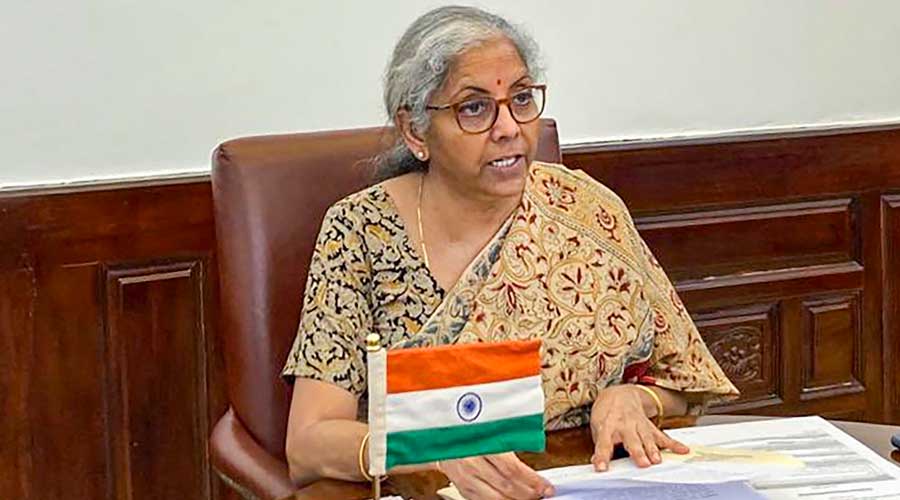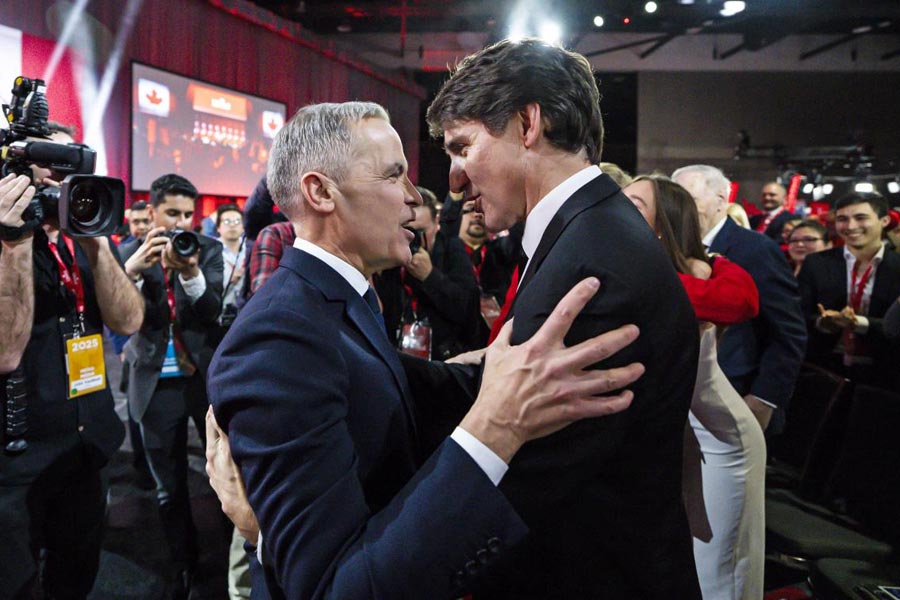Global leaders on Saturday agreed to move ahead with what would be the most significant overhaul of the international tax system in decades, with finance ministers from the world’s 20 largest economies backing a proposal that would crack down on tax havens and impose new levies on large, profitable multinational companies.
If enacted, the plan could reshape the global economy, altering where corporations choose to operate, who gets to tax them and the incentives that nations offer to lure investment. But major details remain to be worked out ahead of an October deadline to finalize the agreement and resistance is mounting from businesses, which could soon face higher tax bills, as well as from small, but pivotal, low-tax countries such as Ireland, which would see their economic models turned upside down.
After spending the weekend huddled in the halls of an ancient Venetian naval shipyard, the top economic officials from the Group of 20 nations agreed to forge ahead.
They formally threw their support behind a proposal for a global minimum tax of at least 15 per cent that each country would adopt and new rules that would require large global businesses, including technology giants such as Amazon and Facebook, to pay taxes in countries where their goods or services are sold, even if they have no physical presence there.
“After many years of discussions and building on the progress made last year, we have achieved a historic agreement on a more stable and fairer international tax architecture,” the finance ministers said in a joint statement at the conclusion of the meetings.
The approach marks a reversal of years of economic policies that embraced low taxes as a way for countries to attract investment and fuel growth. Instead, countries are coalescing around the view that they must fund infrastructure, public goods and prepare for future pandemics with more fiscal firepower at their disposal, prompting a global hunt for revenue.
“I see this deal as being something that’s good for all of us, because as everyone knows, for decades now, the world community, including the United States, we’ve been participating in this self-defeating international tax competition,” Treasury Secretary Janet L. Yellen said on the sidelines of the G20 summit. “I’m really hopeful that with the growing consensus that we’re on a path to a tax regime that will be fair for all of our citizens.”
The agreement followed a joint statement last week that was signed by 130 countries who expressed support for a conceptual framework that has been the subject of negotiations at the Paris-based Organization for Economic Cooperation and Development for the better part of the last decade.
The OECD estimates that the proposal would raise an additional $150 billion of global tax revenue per year and move taxing rights of over $100 billion in profits to different countries.
New York Times News Service











